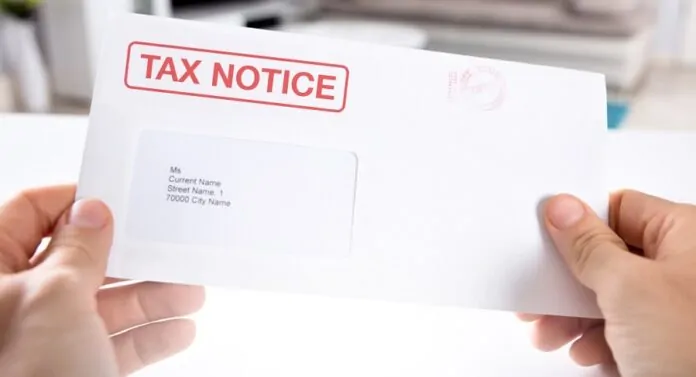
Income Tax Notice: People often send money abroad for some work or other reason. Like, sending money for fees and expenses of children studying abroad or buying property abroad. In this process, they are required to follow some rules and procedures related to income tax. If you do not do this or make any mistake in this, you may get a notice from the Income Tax Department.
When is the tax notice sent?
Under the Liberalized Remittance Scheme, a business resident of India can remit up to Rs 250,000 abroad in a year without paying any additional tax. If you send more money abroad than this limit, the Income Tax Department may send you a notice explaining the reason for sending the money. You should show all types of foreign remittances in your income tax return i.e. ITR. If you do not do this, you may also get a tax notice from the Income Tax Department.
Kunal Savani, partner at Cyril Amarchand Mangaldas, a firm that provides tax consultancy services, says, “If you have received a notice from the tax department on money sent from abroad, then you do not need to panic or get worried. Usually the first notice or communication simply requires you to confirm that you have sent money abroad.
You must correctly acknowledge sending money abroad while responding to this notice. After this, you should present all your documents before the Income Tax Department, which should contain information about the reason and purpose of your money sent from abroad. Also, the documents presented by you should also reflect the actual use of the money you sent abroad.” Amit Bansal, partner of Singhania & Company, told what you should do if you get a tax notice on money sent from abroad.
Understand the notice and its purpose: According to Bansal, first of all you should try to understand the notice. Read the notice carefully to know why it has been issued. The notice may have been issued due to under-reporting or non-reporting of foreign remittances. Its purpose may be to correct tax evasion and ensure payment of appropriate tax.
Check your documents: Bansal said that apart from this, you should also check the documents related to your foreign remittance. Verify all the information mentioned in these documents including the amount of foreign remittance, the purpose of sending the money abroad and tax deducted at source i.e. TDS. Apart from this, also ensure that the foreign remittance is done as per the rules and you have all the necessary documents related to it like Form 15CA/15CB, bank statement and challan.
Answer within the time limit: According to Bansal, the reply to the tax notice should be given within the time limit, as there is usually a time limit for replying to the tax notice. Therefore, respond to the notice through the e-filing portal of the Income Tax Department within the time limit mentioned in the notice. Also, attach all the necessary documents to confirm the information provided by you.
Seek professional advice: If you are unsure how to respond to a tax notice or if the amount of the tax notice is very high, you should consult a tax consultant. He can help you prepare an appropriate response to the notice. With this you will be able to assure the Income Tax Department that you have followed all the rules and procedures correctly. Or even if a mistake has been made, it has been made by mistake.
Also submit other information: If the Income Tax Department seeks any other or additional information or clarification relating to the amount remitted by you, provide these details to the Department in a timely and accurate manner in response to your notice. Ignoring a tax notice may result in fines or other action being taken against you. Therefore, it is important to take tax notices seriously and respond to them appropriately and timely.
 look news india
look news india